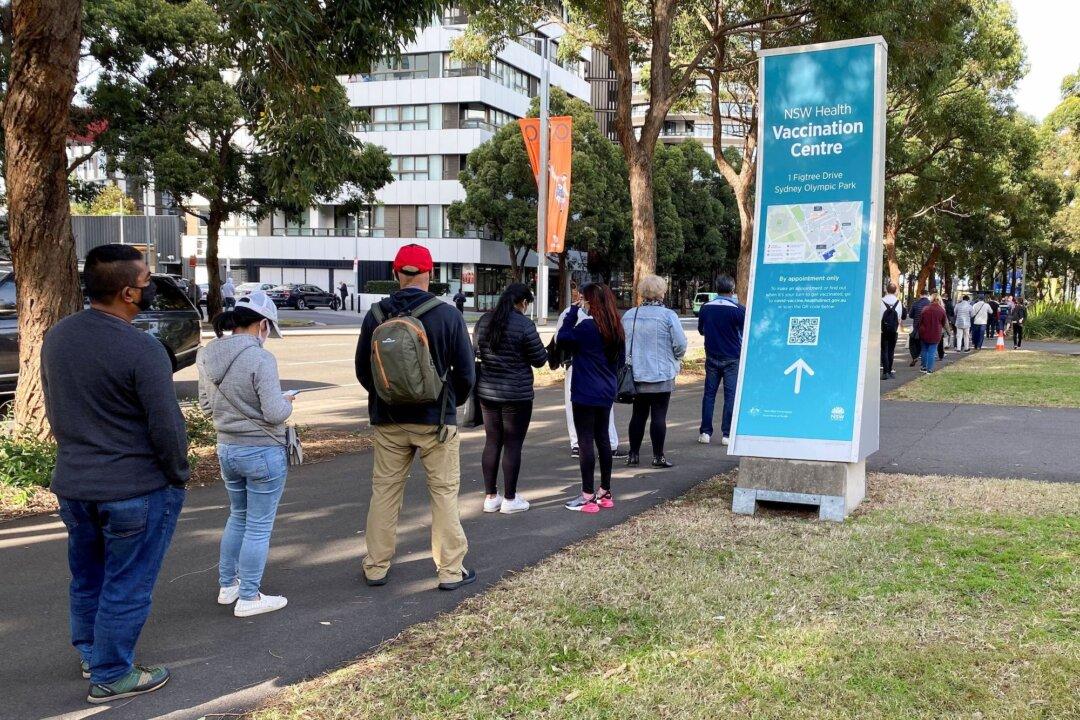Commentary
Last week, my octogenarian parents received their second AstraZeneca (AZ) vaccine jab and were shocked to find that they were among the exclusive six percent Australian club of those fully vaccinated against COVID-19.

Last week, my octogenarian parents received their second AstraZeneca (AZ) vaccine jab and were shocked to find that they were among the exclusive six percent Australian club of those fully vaccinated against COVID-19.